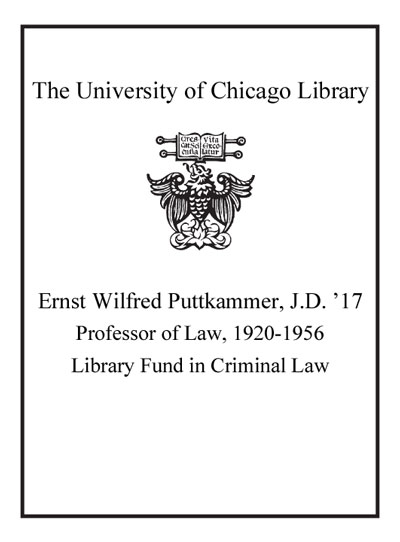Review by Choice Review
This collection of essays by two South American professors of criminal law is fairly described as "truly monumental"--essential reading for those interested in the relationships between the intersecting developments of criminology and criminal policy. Collectively, they identify the many worrying features of the current situation from a human rights and civil liberties focus. Politically, their perspective is best described as "progressive liberal." The pieces by Argentine Zaffaroni (emer., Univ. of Buenos Aires) are more theoretical, while those of Brazilian Oliveira (Univ. of Amazonia, Brazil) are more practical policy oriented. Both authors show an extreme awareness of pan-historical and geographical trends and divergences. Zaffaroni is especially impressive in his exposition of the dangers implied by the explosion of technology. All his essays are contentious and make fascinating and fruitful reading. For example, he reminds readers of the "inclusive" and "exclusive" consequences of "seeking enemies" and explains how the profusion of "enemy" and "war" discourse cripples traditional legal restraints on states. Advocates for visible and accountable laws become a "hindrance" and, on occasion, "traitors" (e.g., the cases of Assange, Manning, and Snowden). As a result, the formal search for and punishment of "enemies" "justifies" the informal supervisory control of everyone. Summing Up: Highly recommended. Graduate students, researchers, and professional criminal lawyers. C. Powell University of Southern Maine
Copyright American Library Association, used with permission.
Review by Choice Review

